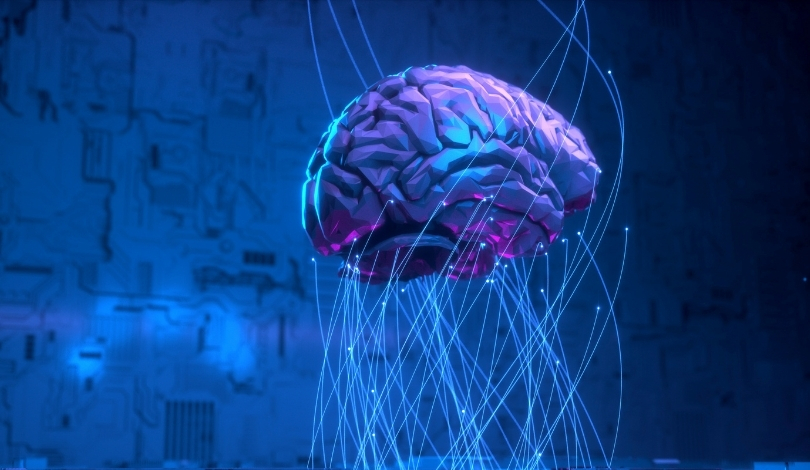Artificial Intelligence continues to expand its influence, integrating seamlessly into various industries and redefining operational standards. The rapid growth of AI technologies is not only enhancing productivity but also fostering new business models and services. As companies adapt to this evolving landscape, the strategic prioritization of AI is becoming essential for maintaining competitive advantage.
Recent reports indicate a significant escalation in AI adoption, with the global market valued at $638.23 billion in Q4 2024 and projected to escalate to $3.6 trillion by 2034. This growth trajectory highlights AI’s pivotal role in driving economic expansion and technological advancement across diverse fields.
How is AI Transforming Healthcare?
In the healthcare sector, AI integration has become widespread, with
38% of major medical providers utilizing advanced diagnostic tools
. These tools enhance diagnostic accuracy and streamline patient care, demonstrating AI’s critical role in modern medicine.
What Impact Does AI Have on the Financial Industry?
The financial sector is experiencing substantial AI integration, with projections that AI will
contribute approximately $15.7 trillion to the global economy by 2030
. This contribution is driven by improved data analysis, risk management, and personalized financial services.
How is AI Enhancing Consumer Experiences in Retail?
Retail industries are leveraging AI to elevate customer experiences, aiming for annual contributions between
$400 billion and $660 billion
. AI-driven personalization and efficient supply chain management are key factors in this economic impact.
Historically, AI adoption was concentrated in technology and finance, but recent trends show a broader integration across sectors such as healthcare, retail, and cybersecurity. This expansion reflects the versatile applications of AI and its ability to address diverse industry challenges effectively.
Twin Protocol emerges as a notable player in the AI space, particularly with its development of ‘AI twins’—digital companions designed to automate routine tasks and enhance productivity. The platform’s collaboration with entities like SingularityNET and figures such as Deepak Chopra underscores its commitment to innovation and user-centric AI solutions.
The continuous evolution of AI technologies promises further advancements, potentially revolutionizing areas like personalized education and industrial optimization. As AI systems become more intelligent and adaptive, their capacity to support and extend human capabilities will likely increase, offering significant benefits across various domains.
AI’s expanding footprint across industries underscores its importance as a foundational technology for future economic and social development. Businesses and individuals alike stand to benefit from the efficiencies and innovations driven by AI, making it a critical focus for sustained growth and competitive edge.





